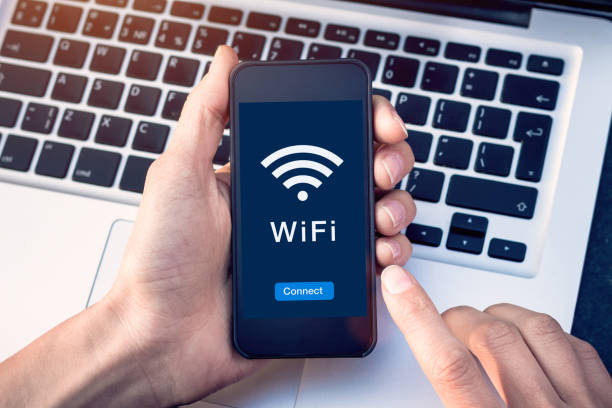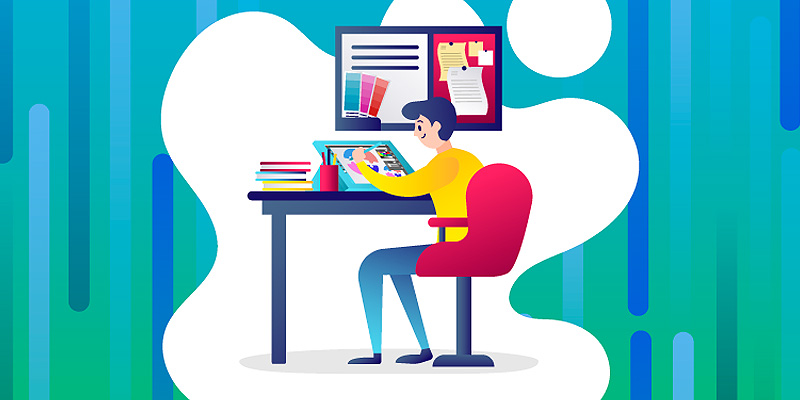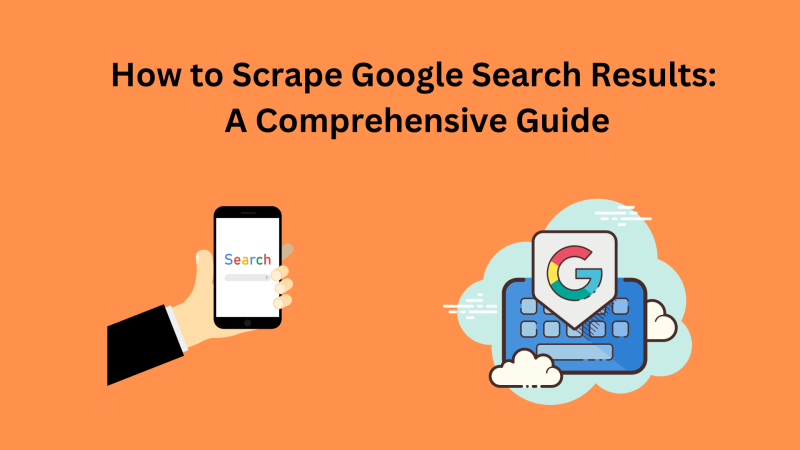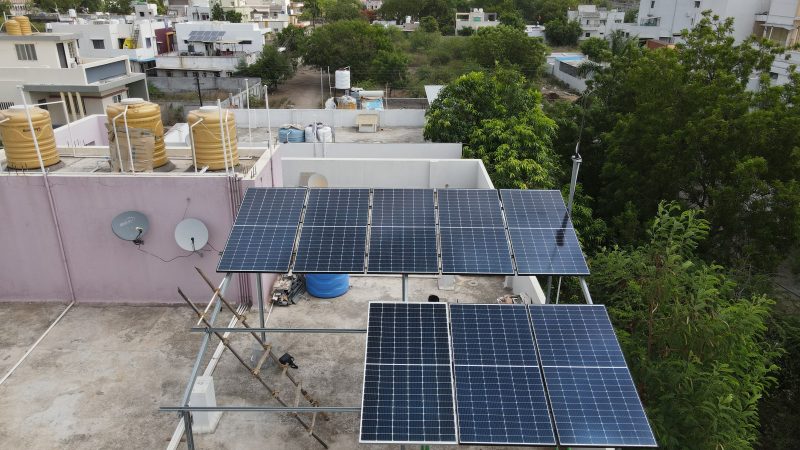How to reduce Wi-Fi data usage

Given that we live in a digital era, getting glue to gadgets now and then is no longer a big deal. The gadget seems to be a better source of income to its users than the normal day-to-day activities they have always engaged in.
Yeah! Mobile data has been a great way of connecting to the internet. Since it was easier to use, more user-friendly and gives more comfort. User does not need going around with extra load since all they need is right on their phone.
Connecting to multiply devices at a time has been a little hard nut to crack. Not too tedious as such, but has an obvious downside that cannot be neglected. Connecting to Mobile data has proven disadvantages;
- Slow Internet: Mobile hotspots always gives the user with slow internet experience. Since not just a device is connected, the speed will be competing for by the source phone and connected devices. In this scenario, uploading or downloading big files or multiple files can might a couple of hours. In most cases longer than you can bear especially in a work environment.
- Cost: connecting to multiple devices with your phone will cost you more. This is even much more rampant when a bigger data plan requires getting work done, either in uploading or in downloading. Exceeding data limit will permit network providers to charge a certain amount of money from your credit account, which is huge compare to using data.
- Data Caps: Mobile data tends to have a data limit. This will put a pause or stop to your action when a limit has been exceeded. Since Mobile data most don’t use an Unlimited data plan, once the available data plan has been exhausted, work tends to pause and work that no resuming capacity tends to stop, which means, waste of time and resources.
Believe you will not be pleased with any of these experiences. To be frank, we know the feeling of losing what we have had a sleepless night for.
Some months ago, while trying to downloading school management software to my system, the only option available then was using my mobile as a hotspot which I made do with. Smile! The end of the story? You don’t want to hear it. I spent three nights downloading just 3gigs CorelDraw setup to my system. I could have achieved that better and faster.
On the look for a better, faster, cost-efficient internet connection? A mobile hotspot may be a readily available and good choice for you, but it’s not your best option.
Wi-Fi
In 1997, in a bid to finding a solution to the agitation and complaints of internet users, Wi-Fi was invented. This new advance is compatible with personal computers, smartphones, televisions, smart devices, printers, and even gaming consoles.
Wi-Fi can simply be addressed as a wireless Network. This technology allows its users to send and receive data through an internet connection. Internet should not be mixed with Wi-Fi, though they are related, they are not in any way the same.
Can your internet run without Wi-Fi? The truth is the internet has been way before Wi-Fi. Your mobile phone can connect to the Internet right now without Wi-Fi. Your local network provider can easily be used.
In a real sense, the Internet can be regarded as a language. While Wi-Fi can be termed as a signal that enhances passing or sending the language. Wi-Fi only came on board to provide ease of communication, it’s not the communication itself.
Advantages of using Wi-Fi
Comparing Wi-Fi with mobile, it has the following edges over mobile data;
- It provides better speed than any mobile network can provide
- It is at a reduced cost compared to mobile data
- Data usage on Wi-Fi does not count against data bundle
- It also conserves your device’s battery.
Data Consumption on Wi-Fi
It’s a great idea to understand how Wi-Fi consumes more data than mobile phone. Just recently, I bought 2 GB MTN data plan and use it on my WiFi. Before I could visit few sites, the data was exhausted. Although there is an unlimited data plan on Wi-Fi unlike on mobile devices. However, the bad news is not everyone can afford to pay for the unlimited service.
An unlimited plan is mostly used by a big organization that has many users connecting to the system at once. Schools, Tech companies, real estate and many other maximize this to cater to the need of the environment at a reduced cost.
Reduced? If reduced then it should be general. It should be noted that once the organization is not big, then unlimited subscription can either
- Increase the bill of a user, thereby leading to folding up if value and expenses are not the same
- Lead to waste of money; cost for this can be used of another element of work if cheaper plans will serve the same purpose especially in a smaller organization.
If then not on an unlimited plan, scrolling social media channels like Facebook, WhatsApp, YouTube, and Instagram, especially while watching videos consumes data.
Ranking it, Videos will rank ahead of others in data consumption, and then we can think of music and photos. The rate at which those consume data can’t be compared with checking just mails.
How to Reduce Your Data Usage
The first step in reducing your data usage in your Wi-Fi is knowing which devices consumed data most. Yeah, Video streaming and even downloading heavy files use a lot of data compare to others. You must also know which devices consume data the most.
This can best be achieved by monitoring those devices connected to the Wi-Fi. Monitoring devices should be a routine. This is because Devices can always misbehave. Even after correcting it once, it can still come up with another app consuming more data.
Luckily, some Wi-Fi routers has inbuilt network setting that enables users to monitor data usage and device’s bandwidth of every connected device.
Devices can also be monitor in absence of such a router, though this approach is not accurate.
Listed below are ways to reduce Data usage in your Wi-Fi;
- Secure your Wi-Fi with a password so that third party wouldn’t have access
- Reduce your Video Streaming
- Disable autoplay on your social media
- If need be to watch video online, reduce its output resolution to save data
- Do well to monitor your uploads, backups, and synchronization.
- Watch out for your security cameras as they consume many data.






